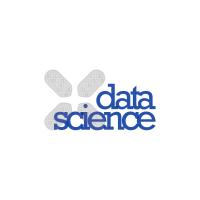Abstract
Previous work on learning physical systems from data has focused on high-resolution grid-structured measurements. However, real-world knowledge of such systems (e.g. weather data) relies on sparsely scattered measuring stations. In this paper, we introduce a novel simulated benchmark dataset, DynaBench, for learning dynamical systems directly from sparsely scattered data without prior knowledge of the equations. The dataset focuses on predicting the evolution of a dynamical system from low-resolution, unstructured measurements. We simulate six different partial differential equations covering a variety of physical systems commonly used in the literature and evaluate several machine learning models, including traditional graph neural networks and point cloud processing models, with the task of predicting the evolution of the system. The proposed benchmark dataset is expected to advance the state of art as an out-of-the-box easy-to-use tool for evaluating models in a setting where only unstructured low-resolution observations are available. The benchmark is available at https://professor-x.de/dynabench.




